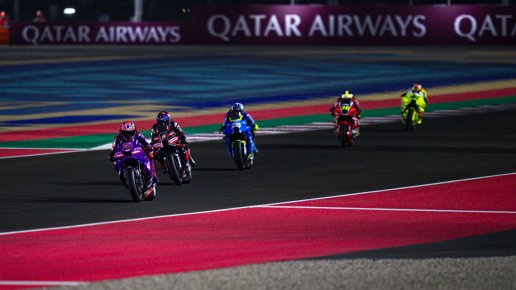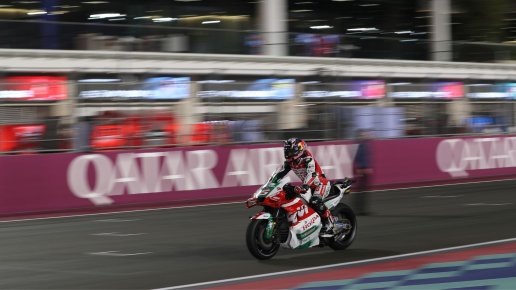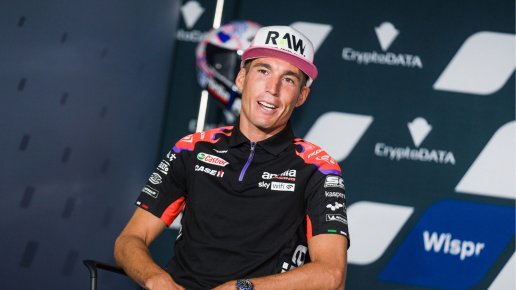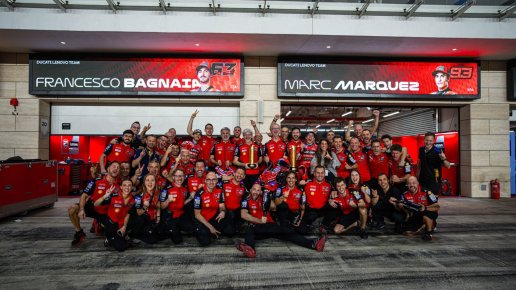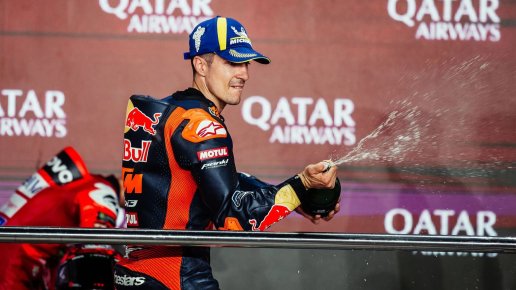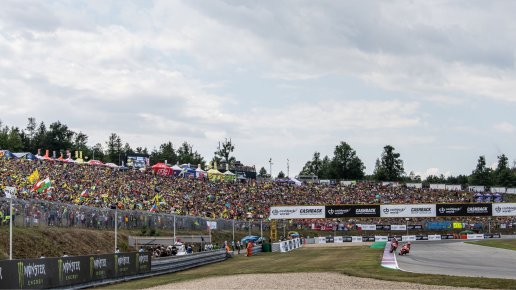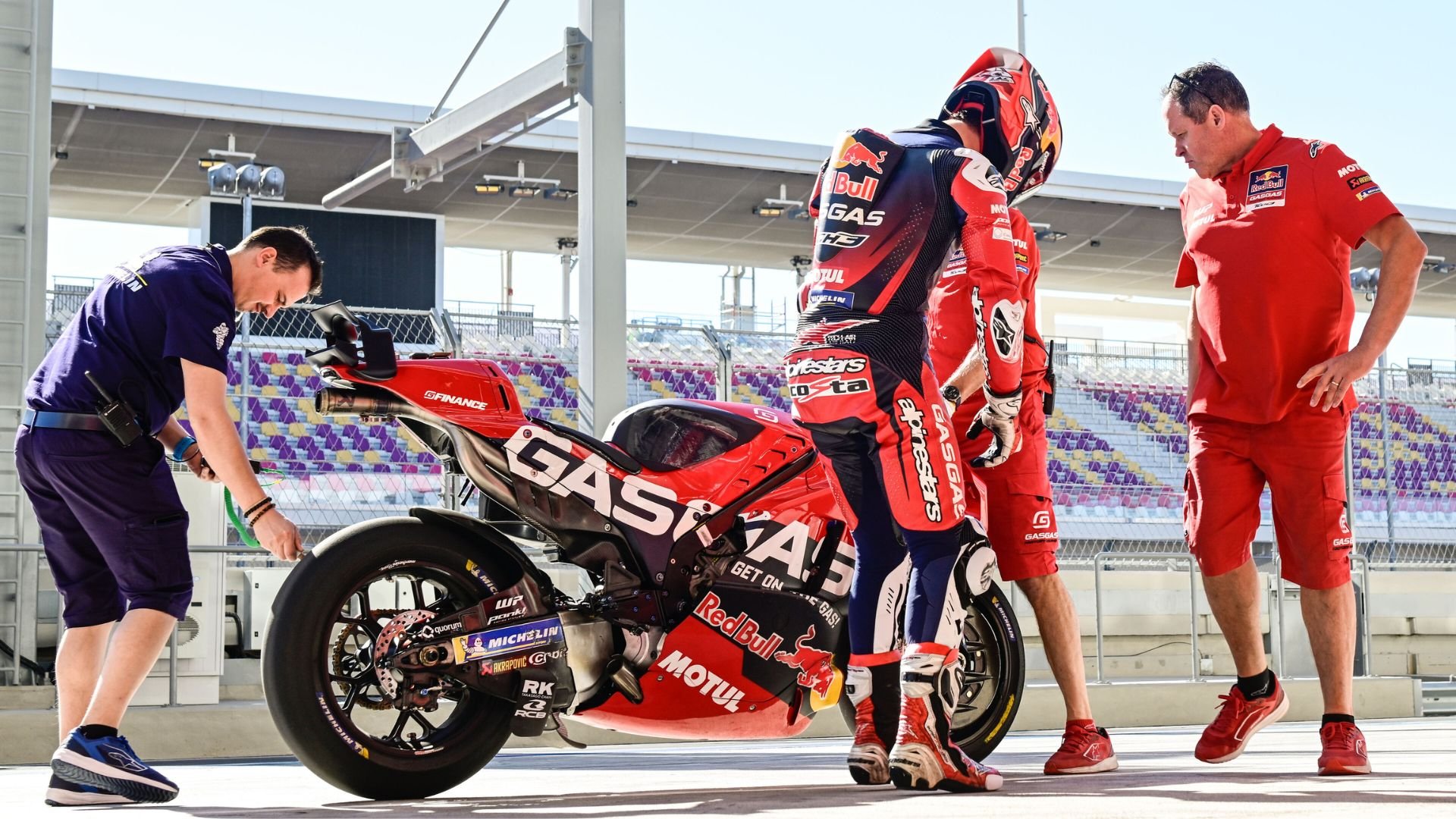
Photo: Gold & Goose / Red Bull Content Pool
Inside MotoGP's winter break: rules and what comes next
Discover how MotoGP's winter break balances rest and preparation for riders and teams. Learn about the strict rules on testing, training allowances, and the schedule leading up to the thrilling start of the new season
F1 & MotoGP news to your inbox every day.
The sounds of MotoGP engines may fall silent during the off-season, but the action doesn’t stop entirely. The winter break is a vital period for riders and teams, carefully guided by rules to ensure rest for athletes and to limit bike development. Here’s a closer look at what this pause means and how it shapes the season ahead.
How Long is the MotoGP Winter Break?
According to Article 1.15.1.1 of MotoGP regulations, the winter break runs from December 1 to January 31. During this time, full-time riders and their teams are banned from testing MotoGP bikes.
The rule was designed to minimize overworking and excessive development, and it applies to all contracted riders and teams. It’s a two-month period that enforces a balance between competitive readiness and much-needed rest.
Are Riders Completely Banned from Training?
Not exactly. While MotoGP riders can’t test prototype bikes during the break, they are free to train using road-going bikes. Only minimal modifications—like changes to brakes, suspension, or tires—are allowed for safety reasons. Engine and software settings are strictly off-limits.
“These training sessions can happen at any circuit, at any time, including during the testing ban,” explains MotoGP Race Director Mike Webb. “However, they can’t use a bike in the same category as the one they’re racing.”
This means riders can still showcase their skills on bikes with larger-capacity engines, but the bike must be a standard road model.
What Happens After the Winter Break?
The winter break officially ends in February, but the return to action unfolds in stages. The first milestone is the shakedown test at Sepang, running from January 31 to February 2. This test is exclusive to rookies, test riders, and regular riders from manufacturers under MotoGP’s concession system, currently Yamaha and Honda.
Next comes the first collective test, also at Sepang, from February 5 to 7. This test welcomes all official riders and marks the beginning of broader preparations for the season. Finally, a pre-season test takes place at the Buriram Circuit in Thailand on February 12-13, offering a last chance for teams to fine-tune their bikes before the season begins.
For regular riders from manufacturers in categories A to C, these official tests are the only opportunities to ride a MotoGP bike during the off-season. Yamaha and Honda, on the other hand, enjoy unrestricted testing throughout the year but face limits like a 260-tyre cap.
Does MotoGP Have a Summer Break?
Alongside the winter break, MotoGP also enforces a summer pause that allows riders and teams to recharge midway through the season. The exact timing depends on the calendar, but the goal remains the same: to ensure physical and mental recovery after an intense first half of the year.
“In 2024, the summer break lasted from July 8 to July 30,” notes Webb. “It’s a chance for everyone to step back and recharge.”
